
The DOGE Impact Tracker
The human toll of Trump-Musk's 'efficiency' initiative
Cuts Hit Florida Food Banks: ‘Our Families are Desperate’
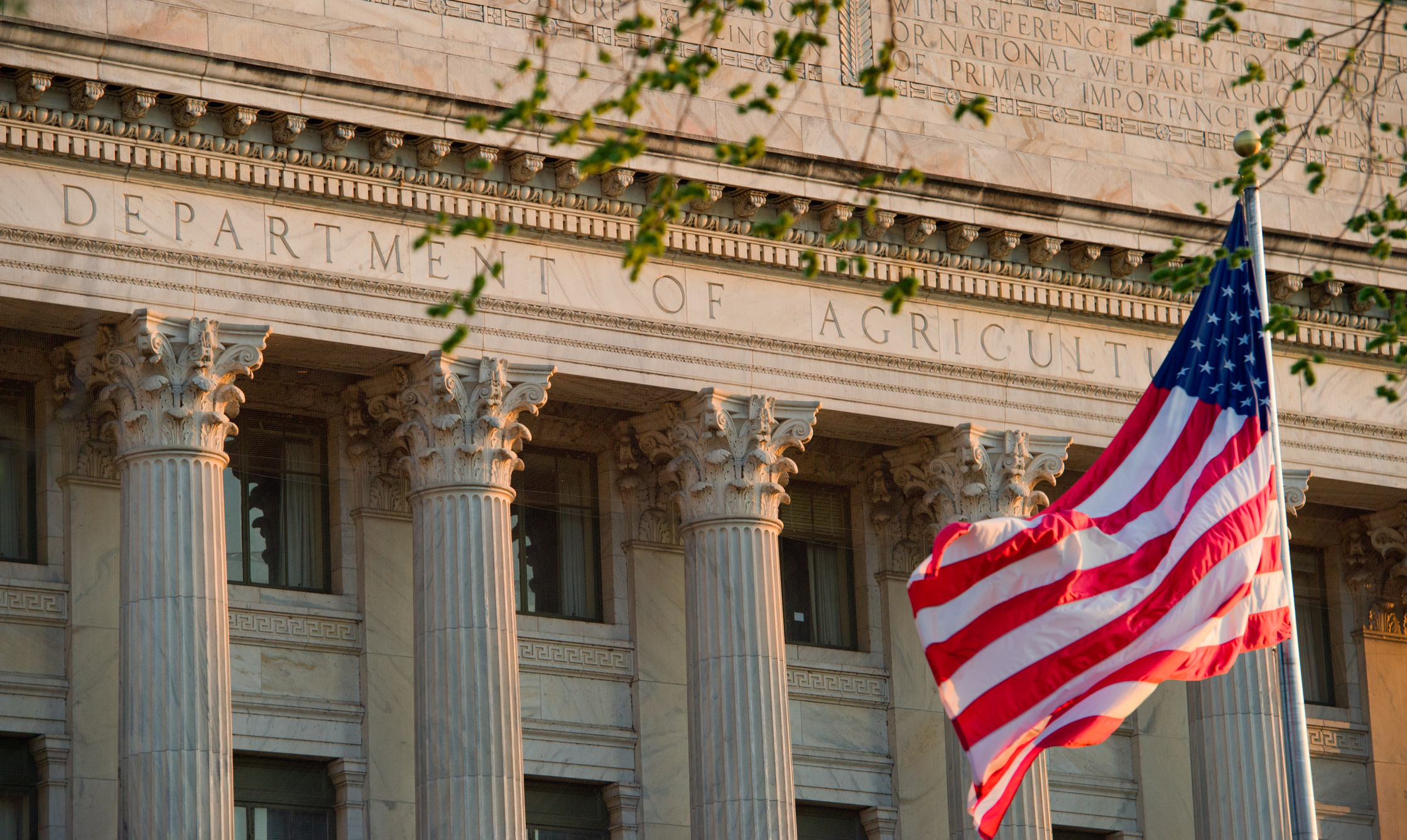
By cutting $1 billion in funding for U.S. Department of Agriculture programs that enabled schools and food banks to buy food directly from local farmers, DOGE is having an impact in South Florida, reports CBS News.
“We’ve been seeing empty racks since February,” Paco Velez, CEO of Feeding South Florida, told CBS News. “These cuts have really made an impact, not just on our ability to serve, but on the families’ ability to thrive in South Florida and across the country.”
For Feeding South Florida, the cuts amount to 40% of its $37 million annual budget.
“It’s an unfortunate situation, because we see that our families are desperate,” Velez said. “They’re coming in more frequently than they ever have. And we’re trying to maintain as much food as we can. But there is a little desperation.”
USDA Cuts Especially Hurt Small Farms in Iowa and Other Rural States
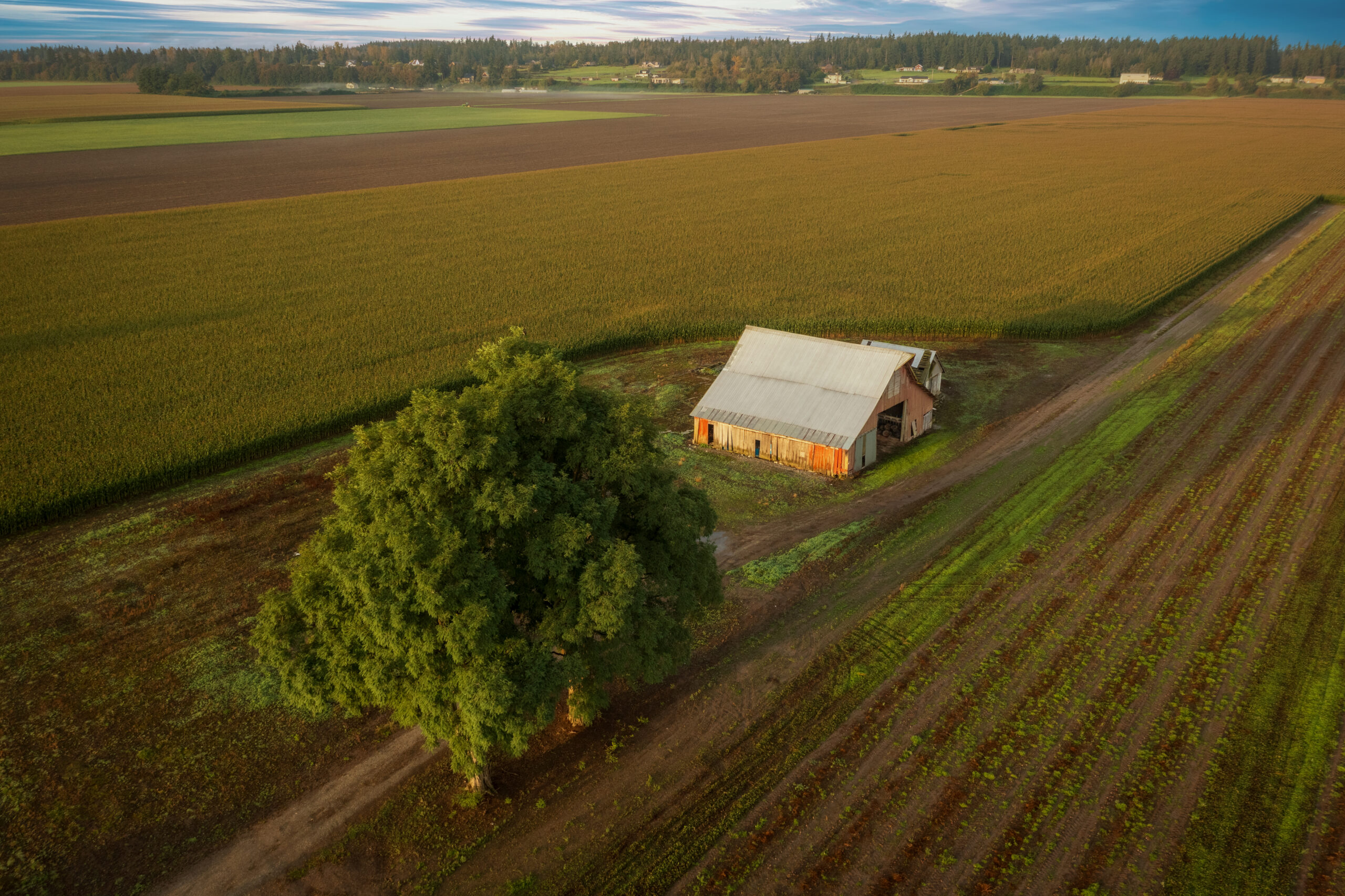
Anna Pesek saw a federal program supporting local food purchases as much more than a boost to her Iowa pork and poultry farm.
But now that the Trump administration has yanked the funding, she worries that rural economic boost might end too.
“With the razor-thin margins on both sides, those partnerships are just really hard, if not impossible, to sustain,” she said.
The co-owner of Over the Moon Farm, Pesek said her operation was never entirely reliant on the local food programs; it represented about 10% of her business. While she knew the federal money wouldn’t last forever, she was planning on the funding lasting through 2028 — but then the Trump administration last month nixed more than $1 billion for local food programs.
How DOGE Cuts at USDA and USAID Are Hurting Farmers: “Very Unsettling and Very Stressful”
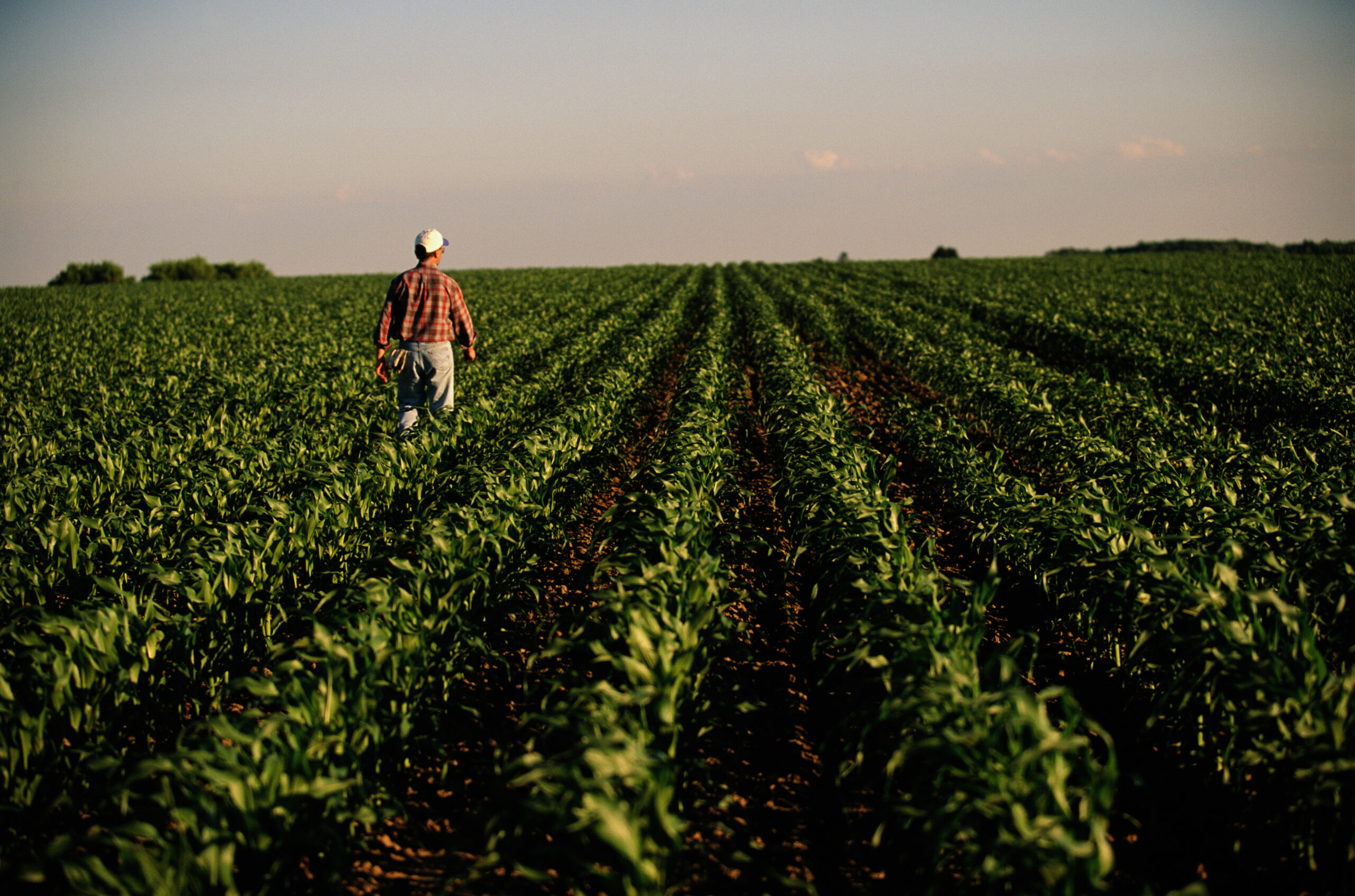
“It’s very unsettling and very stressful,” said Ben Palen, while driving his truck in rural Kansas. He’s a fifth-generation farmer whose family has been working the land since 1855. And he’s alarmed by the Trump administration’s recent cuts to programs at the U.S. Department of Agriculture and USAID.
In the last two months, the Department of Government Efficiency, led by billionaire Elon Musk, has eliminated USDA programs to encourage better conservation practices and the USAID’s Food for Peace program, which put money in the pockets of many farmers across the country.
“They get money from the government to reimburse them for certain conservation practices,” said Palen, whose family has a 15,000-acre farm that grows wheat and raises cattle. “The farmer puts up the money first and they expect to see it repaid. And right now, there’s a real question of whether they’ll be reimbursed. And they are pretty nervous.”
Most of the programs are aimed at changing irrigation practices to use less water, or to change farming programs to use less fertilizer and to keep a cover crop on the soil, Palen told Capital & Main. “They come out and give you advice on how to take care of the land, and that’s really valuable.”
He noted that the $2 billion Food for Peace program, which bought crops from farmers to feed the hungry around the world, “is a big market to lose, and the credibility of the U.S. is really coming into question around the world. People here and abroad have counted on this program.”
Food Banks in North Carolina Hit By Funding Cuts
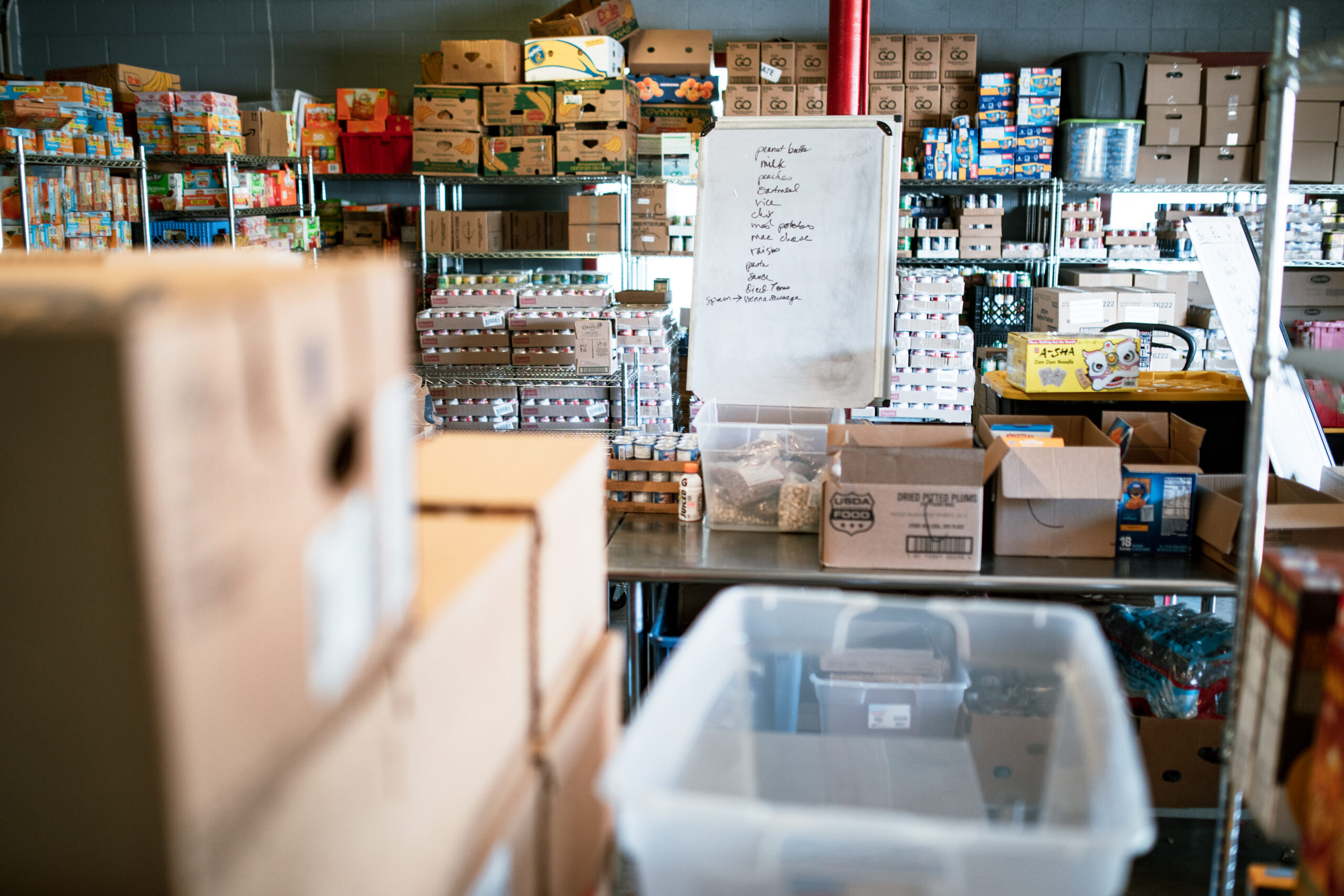
The Department of Agriculture reportedly informed North Carolina officials that it will no longer fund the state’s Local Food Purchase Assistance Program — which helps fund food banks like the nonprofit Food Bank of Central and Eastern North Carolina.
The food bank’s CEO, Amy Beros, told WUNC that
the $2 million in federal funds the nonprofit would have received would go directly to farmers for the purchase of fresh food that’s then distributed across the 34 counties they serve…
“Please reconsider this program,” she said. “These are our farmers. These are neighbors across our counties that are in need, and this is going to [have] a huge impact economically.”
Moving forward, the organization is looking for possible state funds to help mitigate the loss. In the 34 counties that the Food Bank of Central and Eastern North Carolina serves, Beros said hunger has been steadily increasing in recent years.
Wisconsin Farmers Hurt by Freeze on Grants From the USDA
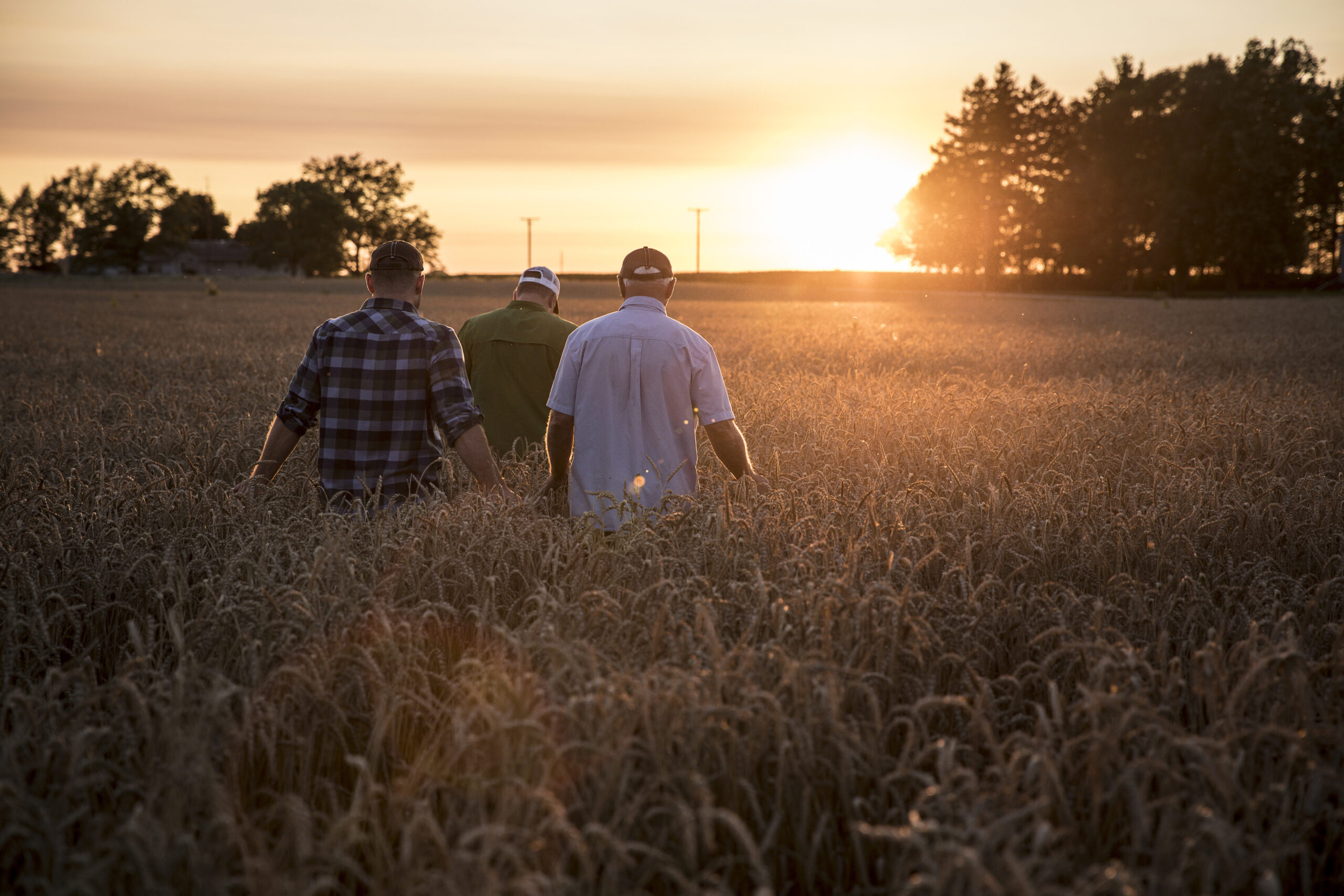
Cuts to grants at the USDA are impacting farmers, some of whom recently came out to a town hall in Hager City, Wisconsin, according to the Wisconsin Examiner:
Emmet Fisher, who runs a small dairy farm in Hager City, said during the town hall that he was struggling with the freeze that’s been put on federal spending, which affected grants he was set to receive through the U.S. Department of Agriculture (USDA).
Fisher told the Examiner his farm has participated in a USDA program to encourage better conservation practices on farms and that money has been frozen. He was also set to receive a rural energy assistance grant that would help him install solar panels on the farm — money that has also been held up.
The result, he said, is that he’s facing increased uncertainty in an already uncertain business.
“We get all our income from our farm, young family, young kids, a mortgage on the farm, and so, you know, things are kind of tight, and so we try to take advantage of anything that we can,” he said.
“[The] uncertainty seems really unnecessary and unfortunate, and it’s very stressful. You know, basically, we have no idea what we should be planning for. The reality is just that in farming already, you can only plan for so much when the weather and ecology and biology matter so much, and now to have all of these other unknowns, it makes planning pretty much impossible.”
USAID Cuts Worry Kansas Farmers Who Depend on Food Assistance Sales
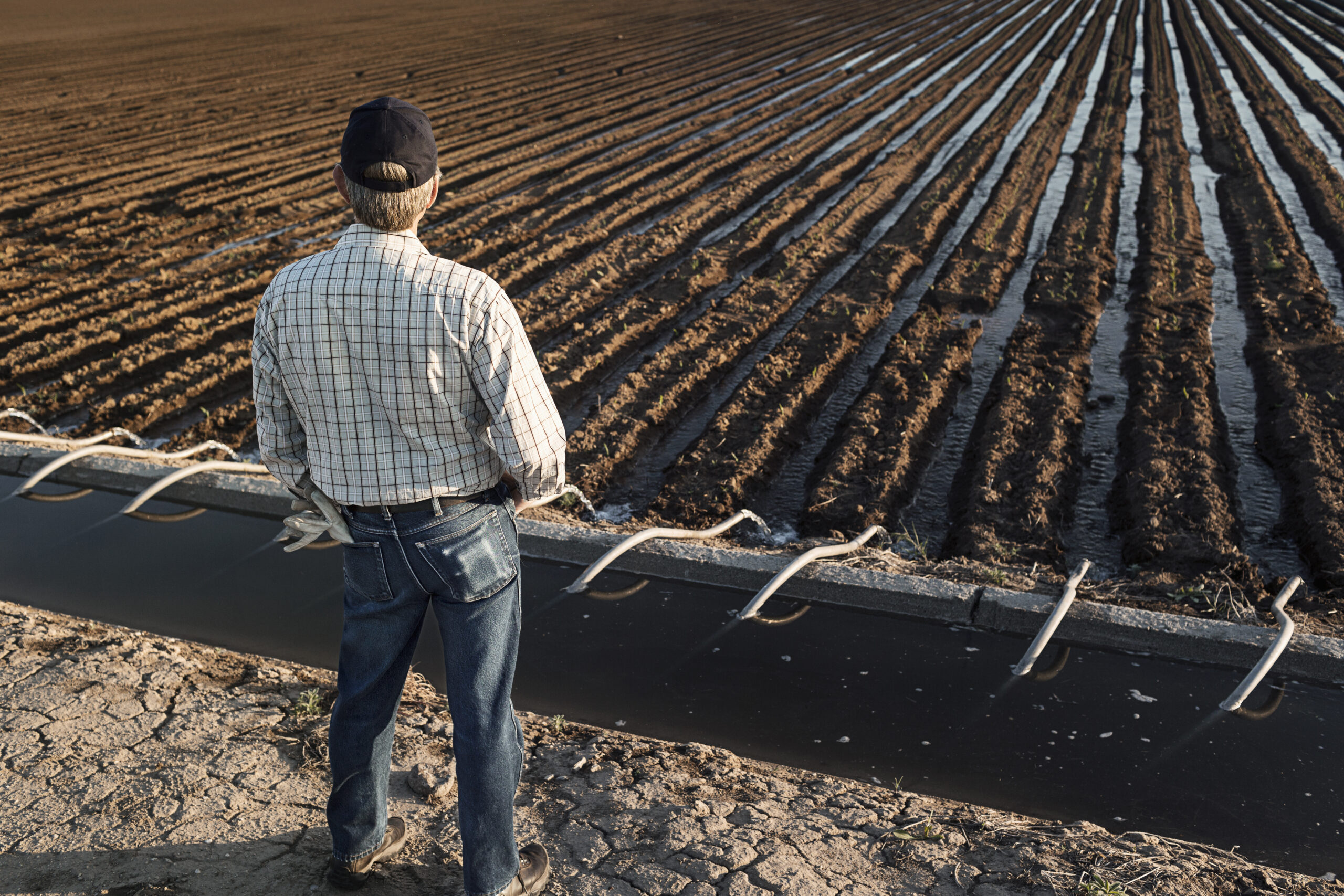
The U.S. Agency for International Development, shuttered by DOGE in early February, has run the Food for Peace program, which buys surplus crops from farmers and donates it to hungry people around the world.
Now farmers in Kansas, who sell their crops to county co-ops that negotiated sales with the U.S. government, are worried about the loss in revenue. The Economist reports:
The federal government allocated $1.7 [billion] for Food for Peace in 2023, which went towards farms — but also to truckers and barge operators that get commodities to ports. Kansas accounts for 57% of American sorghum production, almost all for export. The loss of USAID means one less big customer. Kim Barnes, the co-op’s chief financial officer, is cold-calling potential clients to find new markets.
“A co-op went under last year,” he says, and he predicts several more will close this year, causing local farmers to lose their equity.
